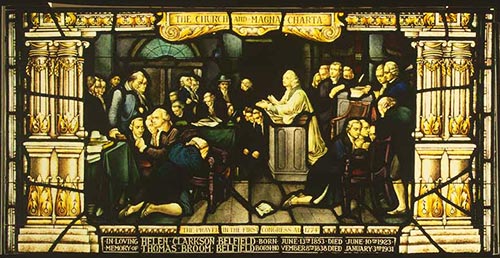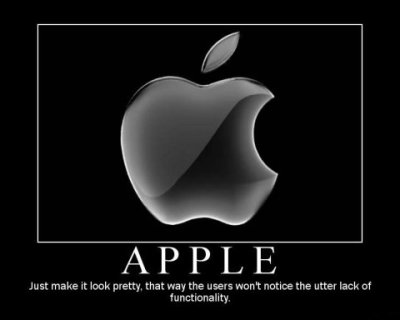 No, Brian was an atheist, as revealed in an episode in 2009. We say was because, as Mail Online reported, "On Sunday's episode of the long-running animated Fox staple Family Guy, family dog-writer-alcoholic Brian met his maker when he was hit by a car. The anthropomorphic pup died on the operating table when doctor's were unable to save him in time."
No, Brian was an atheist, as revealed in an episode in 2009. We say was because, as Mail Online reported, "On Sunday's episode of the long-running animated Fox staple Family Guy, family dog-writer-alcoholic Brian met his maker when he was hit by a car. The anthropomorphic pup died on the operating table when doctor's were unable to save him in time."Update: Brian was resurrected after three weeks, saved by Stewie. (Hat tip to KS.)
But, in the episode on October 4, 2009 titled “Family Goy,” the matriarch of Seth MacFarlane’s Animated show Family Guy, Lois Griffin, learned that she is a Jew and then conducted a Seder during which Stewie recited a berakhah in perfect Hebrew.
Here's the twisted plot summary from Wikipedia:
While at the Drunken Clam, Peter falls in love with a cardboard cut out of Kathy Ireland. He takes her home and has an 'affair' with her. Soon he is caught by Lois who calls him an idiot. Peter introduces Kathy to the kids as their new mom, but after finding that Chris took her into his room, he angrily confronts her and ends up ripping her in half. He tearfully buries her in the yard and begs Lois for forgiveness. Lois forgives him and they have sex and Lois is shocked when Peter discovers a lump on her breast, causing her to go to the hospital the next day to have it tested for breast cancer. The test comes back negative, but while looking through her medical records, Dr Hartman discovers that Lois's mother is a Jewish Holocaust survivor, making Lois and her children Jewish by heritage. Barbara confirms her heritage, and Carter admits he kept it a family secret so that they could join the country club. Despite not being Jewish himself, Peter takes to it eagerly, much to Lois's frustration. That night, Peter is visited by the ghost of his stepfather, Francis, who warns him that he will go to Hell for not being Catholic. The next day, Peter decides to re-convert the family to Catholicism and becomes prejudiced against Lois' heritage, becoming anti-Semitic.






 Is it kosher to force your neighbors to pray? No, it is not. I hope the Supreme Court agrees. Noah Feldman sees the issue too broadly in his op-ed, "
Is it kosher to force your neighbors to pray? No, it is not. I hope the Supreme Court agrees. Noah Feldman sees the issue too broadly in his op-ed, " The Times op-ed
The Times op-ed 

